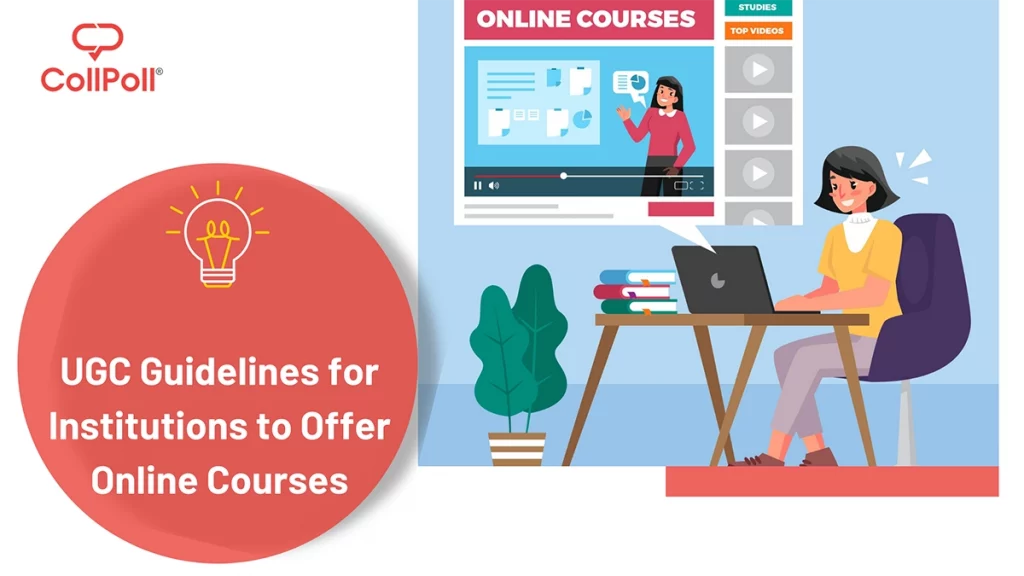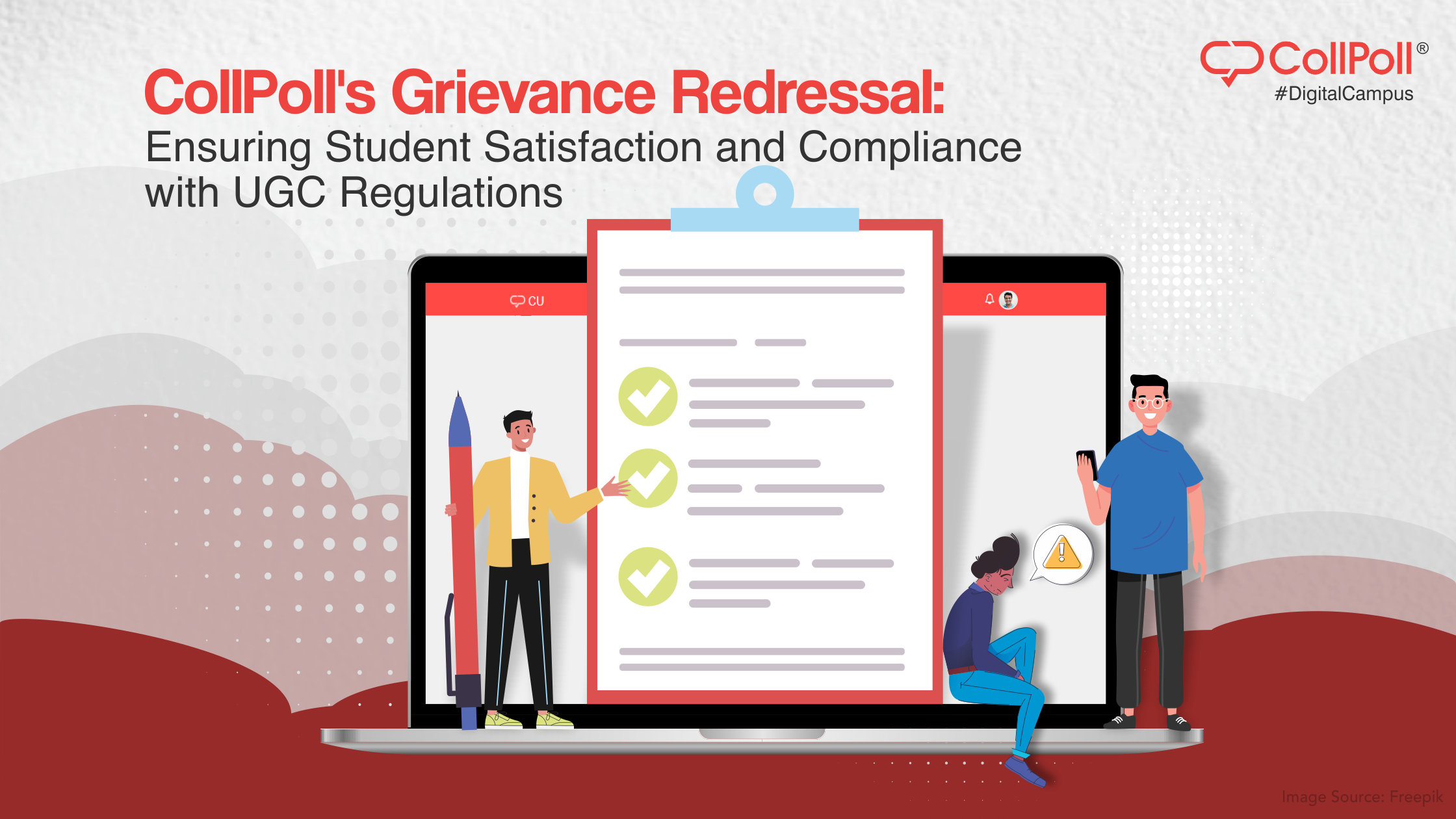Over the past few years, the Indian Government has been making every effort to promote the online education system and UGC online courses. It was finally in 2018 that UGC drafted the first set of regulations for online certificate courses as a part of its Digital India initiative. After the lockdown in 2020 which disrupted learning significantly, the government issued several new guidelines to offer online certifications and courses. Now, autonomous colleges and higher education institutions will be able to offer Diploma, Certificate, and Degree programmes in a completely online mode from the 2022-2023 academic session.
The colleges can do so without seeking prior approval from the UGC, provided they meet all criteria suggested by the higher education regulator. The regulations for UGC approved online courses include provisions for maintaining the sanctity of admissions, examination, teaching-learning, and mandatory disclosure of educational programmes (duration, fee, start-end date, number of students, results, name of students with an identifier), and authenticity of learners on HEI’s official website.
Eligibility to Offer Online Courses
Only those higher education institutions that have been offering academic services for at least five years with valid accreditation by the National Assessment and Accreditation Council (NAAC), a minimum score of 3.26 on a 4-point scale, and have ranked in the top 100 in corresponding categories of the National Institutional Ranking Framework (NIRF) for at least two years in three preceding cycles at the time of application are eligible to offer UGC online degree and distance learning programmes.
NAAC and NIRF conditions do not apply to existing government Open Universities till NAAC, NIRF, or other similar accreditation systems are made available.
Conditions to Offer UGC Approved Online Certificate Courses
- To offer Diploma, Certificate, and Degree Programmes online, HEIs must offer the same courses at graduation level too in regular/classroom-based teaching mode or Open and Distance Learning mode. And those programmes should have at least one batch graduated and approved by the statutory council, as applicable.
- Online programmes with laboratory or practical classes as a part of the regular curriculum can’t be permitted.
- For online courses, institutions must conduct examinations in proctored mode and comply with the norms established by the commission.
- To offer UGC courses online, learning must be in four modes- video lectures, e-content, self-assessment, and discussion forums to ensure doubts are clear and answered.
- Colleges shall use Aadhaar and Passport cards to authenticate Indian and foreign students respectively. Identity authentication is crucial as all interactions will be online, including teaching-learning and examinations.
- Students’ engagement will be assessed through their participation in asynchronous/synchronous discussions, assignments, and programme involvement. An effective Learning Management System with an analytics feature shall be used to ensure they are active and involved for at least 2 hours every fortnight.
Conclusion
Online education is here to stay, it’s time that institutions and students adapt to this change. UGC guidelines to offer online courses will surely help them move in the right direction, ensuring that no lockdown or other unforeseen situations hamper learning.
Considering that even UGC is going digital, educational institutions should also adopt digital transformation. To make this process seamless, CollPoll offers an all-in-one solution. For more insights into the platform, request a free demo or have a detailed discussion with our experts. Feel free to call us and we’ll be at your service.





